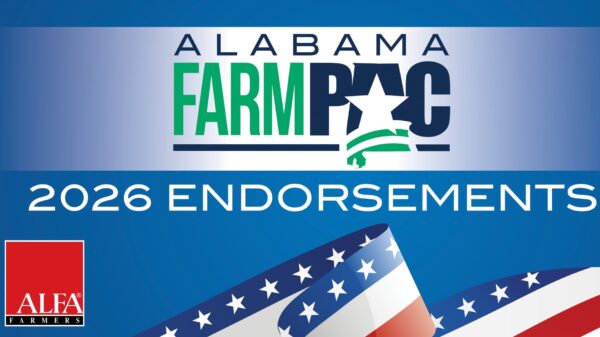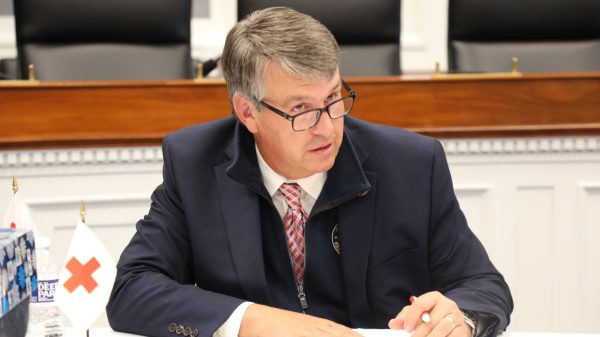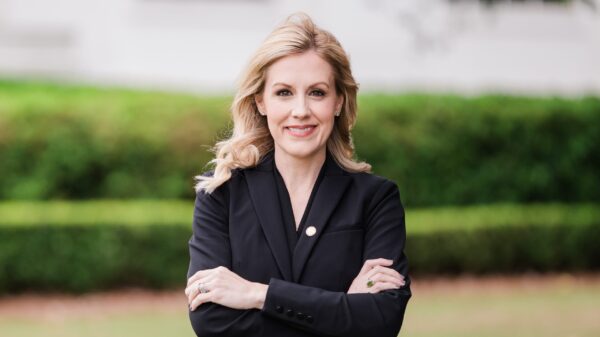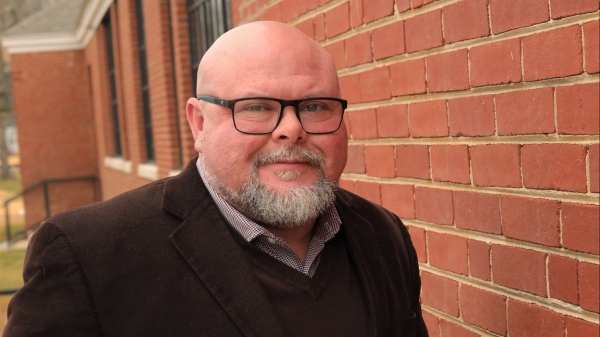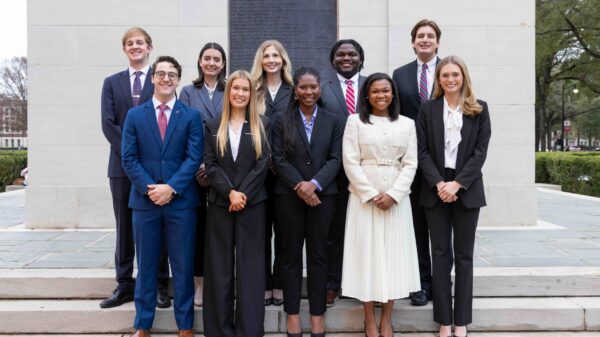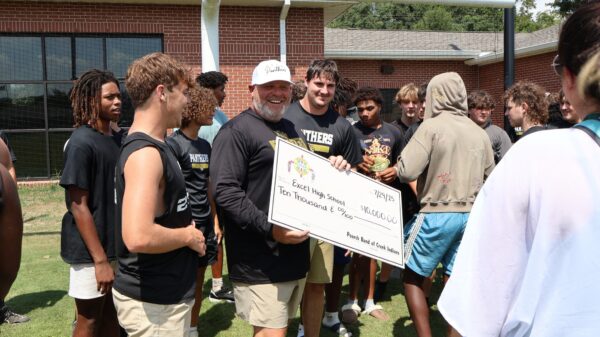By Bill Britt
Alabama Political Reporter
MONTGOMERY—If one of Speaker Mike Hubbard’s goals was to one day make the front page of the New York Times, that goal was fulfilled this past Sunday.
The story by New York Times writer, Nicholas Confessore explores how in 2010 Hubbard, along with ALGOP Finance Chairman Senator Del Marsh, may have used the Republican State Leadership Conference (RSLC) to “sidestep regulations and obscure the source of funds.”
Central to the New York Times story was the money given to the RSLC by the Poarch Band of Creek Indians, (PCI). Readers of the Alabama Political Reporter know the money in question was solicited by Del Marsh when he visited the PCI in Atmore in 2010.
Hubbard and Marsh steadfastly denied that the money was requested by the duo until many months after the Alabama Political Reporter had revealed the truth.
The report in the Times shows how the RSLC worked with many states to “sidestep regulations and obscure the source of funds” while also scrubbing the identities of the original donors.
The Times article says, of the PCI contributions, “After meeting with Mr. Marsh and other Republicans, said Robert R. McGhee, director of government affairs for the tribe, the tribe chose a different approach: It donated $350,000 to the leadership committee.”
McGhee told the Alabama Political Reporter in October of 2012, that Marsh made such requests on two occasions, asking for $100K on one visit and $250K on the next. “We gave the money in the spirit of bi-partisan support for Alabama government,” said McGhee. Marsh told McGhee that the money would be used to support “Senate,” campaigns in Alabama. Marsh knew that McGhee was going to send the money to the RSLC, that was the plan all along. Hubbard and Marsh didn’t want campaign donations from gaming interests to be found on their FCPA reports, therefore, the funds were sent to the RSLC.
Last year, the Alabama Political Reporter was informed that a detailed record of these transaction was being stored at the ALGOP office in Birmingham, on a password protected computer. The dates, times and tracking number of each laundered campaign contribution is meticulously enumerated on the computer file in the ALGOP’s procession.
According to the Times story, “A spokesman for the [RSLC] leadership committee said that the Poarch Creek contributions had been allocated to the group’s administrative account, to pay for overhead and other expenses, and that the staff members involved in arranging the checks no longer worked at the organization. Mr. Hubbard said there had been no agreement to directly swap cash.”
However, a look at campaign records from that time period show that the money given by the PCI did make it back to Alabama to support many of running for the Senate in 2010. In November of 2012, the Alabama Political Reporter tracked these funds in detail.
Hubbard told the Times that there was no direct money swap and that he couched the transactions as a case of mutual interest: “I’ve got some people in Alabama who are very interested in giving money to help elect Republicans to State legislatures, and I would hope that if we help raise money for you, you will help us win in Alabama.”
The Times story paints a much larger picture than a simple quid pro quo between Hubbard, Marsh and the RSLC. It seems to point to a nationwide system of using organizations like the RSLC to hide, scrub and profit by bending or even breaking campaign finance laws.


